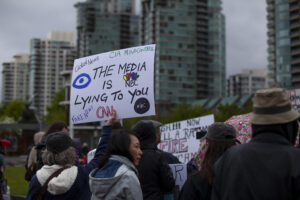
April 2009, Volume 20, Issue 2
Reading Russia: The Siloviki in Charge
Since Vladimir Putin’s rise to power at the end of the 1990s, siloviki—the people who work for, or used to work for, Russia’s “ministries of force” have spread to posts throughout all the branches of power in Russia.

